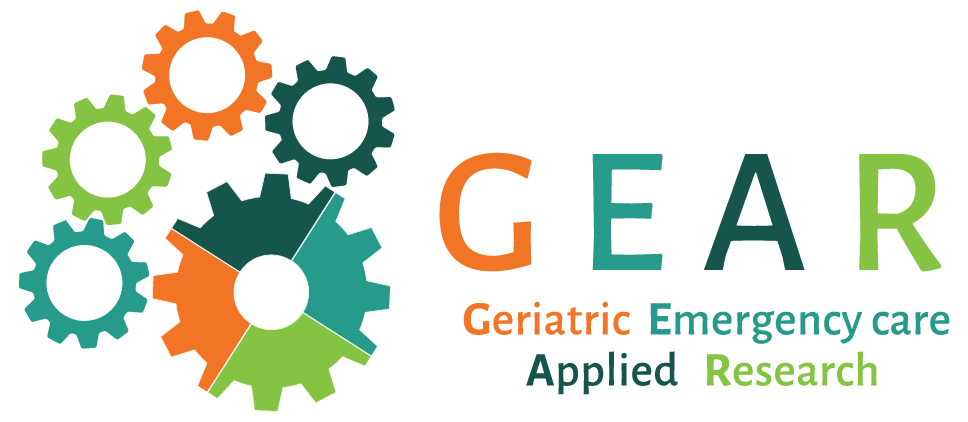Medicine Safety
The number of ED visits is growing among older adults, who accounted for more than 23 million ED visits in 2016. The majority of these patients are not admitted to the hospital. Instead, they are discharged with at least one new medication. ED physicians are caring for patients they do not know and are unaware of the patients’ medication history; new prescriptions from the ED visit increase the risk for medication errors and adverse drug events (ADEs), such as drug-drug interactions, adverse drug reactions (ADRs), and polypharmacy (being on multiple medications). In turn, these drug interventions increase the likelihood of adverse outcomes such as readmissions, rehospitalizations, and increased morbidity and mortality.
Best Practice Notes
The John A. Hartford Foundation (JAHF) has established the Four M’s Framework to define Age-Friendly Health Systems. This framework focuses on what Matters to patients, Medications, Mentation (delirium, dementia, depression), and Mobility. On the basis of this framework, if medication is necessary, health care providers should use age-friendly medications that do not interfere with the other three M’s across various care settings.
The Geriatrics ED Guidelines for Medication Management recommend:- establishing a medication list;
- increasing awareness of polypharmacy in patients, defined as more than 5 medications;
- assessing for high-risk medications; and
- engaging multidisciplinary teams for patients on high-risk medications.
Top Research Priority Areas
Top voted Medication Safety research priority areas ranked during the 2019 GEAR Consensus conference are as follows:
- How to identify those at highest risk from medications safety adverse events?
- What medications should be avoided and what are safer alternatives for targeted patients?
- What patient-centered outcomes should be used to assess ED medication safety?
- Are there models like EQUIPPED that are currently working which can improve medication safety and how can they be disseminated?
- What partners could positively impact the desired patient centered outcomes?
